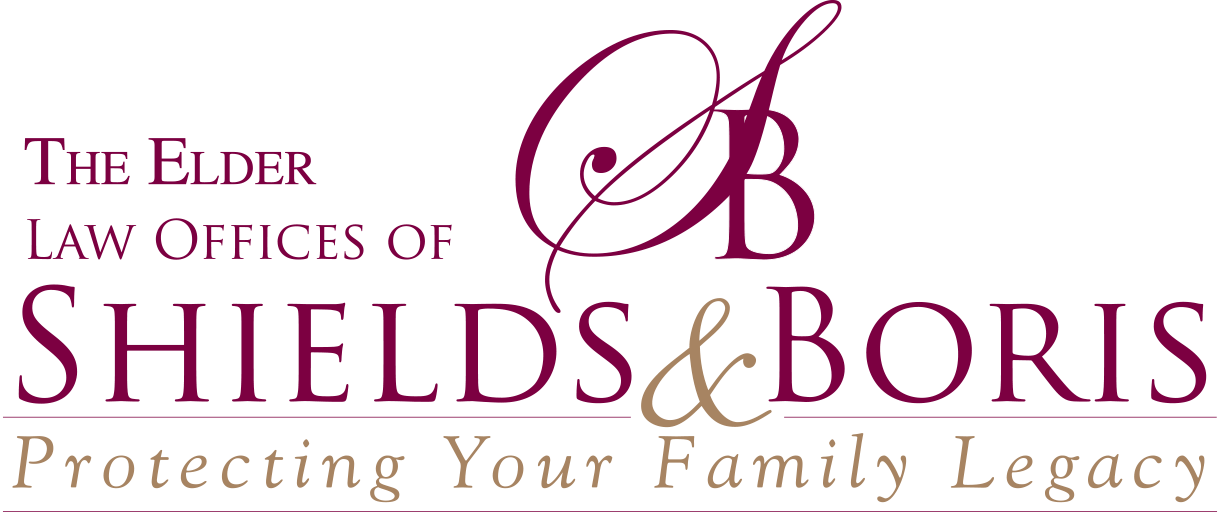Control of Assets a Key Issue in Deciding on a Trust
Posted on February 22, 2021 by shieldsandboris
Any trust created while the person, known as the “grantor,” is living, is known as a “living trust.” However, the term is also used interchangeably with “revocable trusts,” which can be changed according to the grantor’s wishes. During the lifetime of the grantor, as explained in the recent article “Control of Assets a Key Issue in Deciding on a Trust” from FED Week, that person can be the trustee as well as the beneficiary. Control is retained over the trust and the assets it contains.
Trusts are used in estate plans as a way to avoid probate. Equally importantly, they can provide for an easier transition if the grantor becomes incapacitated. The co-trustee or successor trustee steps in to manage assets, and the process is relatively seamless. The family, in most cases, will not have to apply for conservatorship, an expensive and sometimes unnerving process. Within the privacy afforded a trust, the control and management of assets is far less stressful, assuming that the trust has been funded and all assets have been placed properly within the trust beforehand.
Naming a successor trustee so the grantor may remain in control during his or her lifetime is an easier concept for most people. However, adding a co-trustee rather than a successor may be a wiser move. A successor trustee requires the grantor, if still living, to formally resign and allow the successor trustee to take control of the trust and its assets.
If a co-trustee is named, he or she may step into control instantly, if the grantor becomes incapacitated.
Trusts fall into three basic categories:
Irrevocable Trusts—A permanent arrangement in which assets going into the trust are out of control of anyone but the trustee. Giving up this control comes with benefits: the assets within the trust may not be tapped by creditors and they are not considered part of the estate, also lowering tax liability. Irrevocable trusts are generally used to protect loved ones, who are named as beneficiaries.
Revocable Trusts—The grantor retains control over trust assets and may collect investment income from assets in the trust. If the grantor decides to have the assets back in his or her personal accounts, they can be reclaimed into his or her own name.
The revocable trust protects the grantor against incompetency, as the successor trustee or co-trustee can take over management of trust assets and assets pass to designated recipients without having to go through probate.
Protector Trust- A protector trust is a trust which is part revocable and part irrevocable. The grantor can be in control during their life time while they are able, it avoids probate, can control distributions and, after five years, can protect assets from long term care under Pennsylvania law. The IRS refers to this trust as an IDGT or intentionally defective grantor trust.
Determining which of these trusts is best for your family depends on many different factors. Speak with an experienced estate planning attorney to learn how trusts might work within your unique estate plan. For additional information on what trust might be right for you and your family request a complimentary copy of our book, “When Some Day Arrives” or Book A Call to have your questions answered by one of our attorneys.
Reference: FED Week (Jan. 21, 2021) “Control of Assets a Key Issue in Deciding on a Trust”




